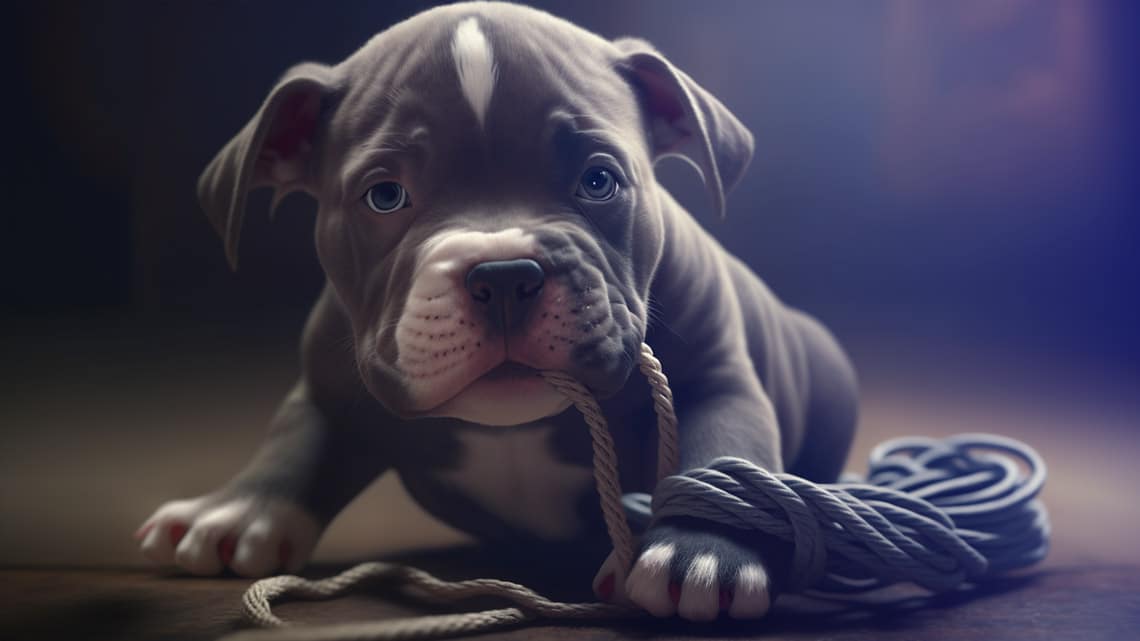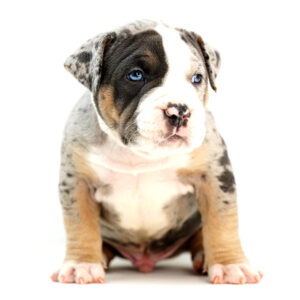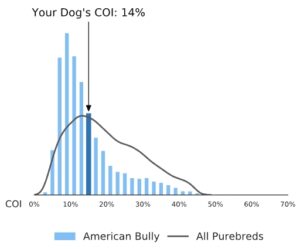Puppies are known for their playful nature, but sometimes their play can involve biting. Puppy biting is a normal behavior, but it can become a problem if it’s not addressed early on. In this article, we’ll discuss effective techniques and strategies to stop your puppy from biting.
- Provide Appropriate Chew Toys: Puppies need to chew, and providing appropriate chew toys can help redirect their biting behavior. Chew toys like Kongs, Nylabones, and rope toys are great options. Avoid giving your puppy old shoes, socks, or anything that resembles an item they should not chew on, as this can confuse them and encourage further inappropriate chewing behavior.
- Use Positive Reinforcement: Positive reinforcement is one of the most effective ways to train your puppy to stop biting. When your puppy stops biting, reward them with a treat or praise. This positive reinforcement will teach them that good behavior is rewarded.
- Use Negative Reinforcement: If positive reinforcement doesn’t work, negative reinforcement can be used. This involves creating an unpleasant consequence when your puppy bites, like a loud noise or a quick spray of water. However, be careful not to use negative reinforcement too harshly, as it can damage the bond between you and your puppy.
- Redirect Their Attention: When your puppy starts biting, redirect their attention to a more appropriate behavior. For example, if your puppy starts biting your hand, give them a chew toy instead. This will teach them that biting people is not okay, but biting appropriate items is.
- Be Consistent: Consistency is key when it comes to training your puppy to stop biting. Make sure everyone in the household uses the same techniques and strategies. If one person allows biting while another person doesn’t, your puppy will become confused and inconsistent.
- Socialize Your Puppy: Socializing your puppy is crucial in teaching them appropriate behavior. Socializing your puppy with other dogs, people, and situations will help them learn how to interact appropriately and reduce biting behavior.
- Seek Professional Help: If your puppy’s biting behavior is excessive or doesn’t improve with training, seek professional help from a veterinarian or animal behaviorist. They can help identify the root cause of the behavior and provide additional training techniques.
In conclusion, stopping your puppy from biting requires patience, consistency, and positive reinforcement. Providing appropriate chew toys, redirecting their attention, and socializing your puppy are all effective techniques. Remember to always seek professional help if needed. With the right training and techniques, your puppy can learn appropriate behavior and become a beloved member of your family.







